Kindness
Zhang Sanjian is back 2022-05-25 00:00 Posted on Beijng
When we were young, we learned the ‘Three Character Classic,’ which begins with ‘人之初,性本善’ (‘At the beginning of humanity, human nature is fundamentally good’). The ‘Book of Rites: Records of Education’ also says ‘发虑宪,求善良’ (‘inspire thinking in accordance with the principles, seek out people of virtue and kindness.’). I’d like to share my personal understanding of kindness through this article
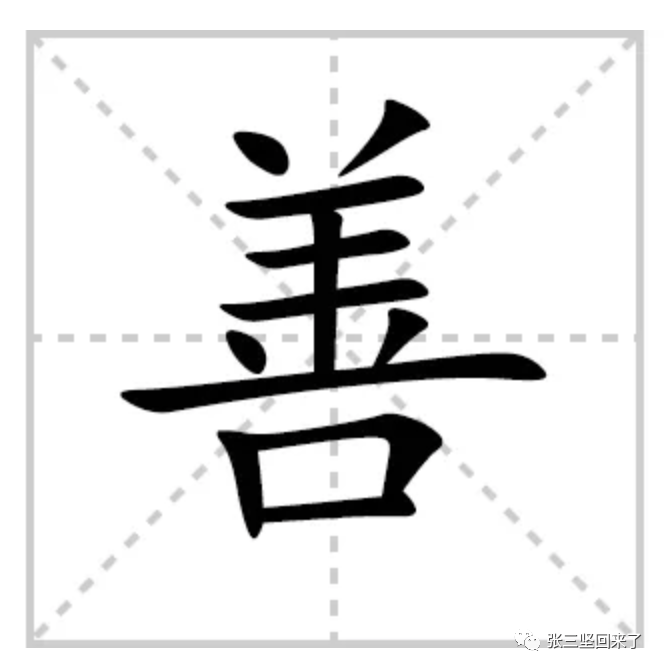
I asked myself, what is the first image that comes to mind when I think of the word “kindness”? The image that appears in my mind is of a mother’s hands cradling a newborn baby. The baby lies quietly in the mother’s arms with its eyes closed, and the mother looks at it with a loving gaze, transmitting life’s most primal kindness. When it comes to the question of a baby’s innate goodness or evilness, some say “At birth, human nature is fundamentally good,” while others argue “At birth, human nature is fundamentally evil.” Who is right and who is wrong? I speculate that whether a newborn leans towards goodness or evilness may be influenced by parental genetics, but what’s more important is whether the family provides the child with enough security. If a child receives ample security and feels sufficient love from parents, relatives, and friends, even in their initial naive state, they can slowly construct a “castle of love” in their heart. A child with such a solid “castle” can better protect themselves when facing life’s unpredictable challenges.
What follows and decides whether a child can maintain their inherent goodness is education — the education from family members, the teachings of teachers, and the guidance of various mentors after stepping into society. This is akin to a novice learning to drive. After mastering the theoretical knowledge, they start to practice in the driver’s seat. It’s essential to have an instructor in the passenger seat to guide and supervise, preventing the novice from accidentally driving the car into a ditch or up a tree.
During adolescence, young people are full of energy, quick to receive information, and especially susceptible to environmental influences, easily veering off course. I myself experienced extortion by hooligans and bullying at school during my teenage years. The funniest thing was that every time I bought a bicycle, it would get stolen, and it happened repeatedly with each new purchase. The first bike that truly belonged to me was a reward for getting into a key middle school. I proudly rode this “exclusive” bike back and forth between home and school every day. (Before that, I rode my mother’s women’s bike, which wasn’t very impressive.)
This exclusive bike was a mountain bike, modified and assembled by a bike shop owner, boasting both high performance and good looks! It cost my parents several hundred yuan. But the good times didn’t last long. Less than two months after I started riding my beloved bike, it disappeared. I remember standing in the bike shed, staring at the spot where I always parked it, wondering if I’d parked it somewhere else or forgotten to lock it. Watching my classmates ride off on their bikes one by one, I even doubted whether I had walked to school that day and my beloved bike was just waiting for me at home. The feeling of helplessness, thinking back on it, still lingers faintly, as if someone had stolen a part of my memory and a piece of my heart.
To comfort me, my parents quickly bought me another bike, a road bike commonly known as a “drop handlebar bike”. Just when my psychological trauma seemed to be healing with this new bike, tragedy struck again — this drop handlebar bike only lasted two weeks with me.
In the end, out of necessity, my parents bought me a very ordinary bicycle for commuting to school. Yet again, this utterly mundane bike, practically on the verge of being junk, only lasted a week with me. My mom said to me, “Son, you might have been targeted by a bike theft gang. Neither conspicuous nor inconspicuous bikes are safe. How about we take the bus to school from now on?” I could only agree silently, and thus began my daily routine of timing my departure to catch the bus. If the bus didn’t pass by our house, I would stroll leisurely, but as soon as I saw its shadow, I would sprint towards the bus stop, possibly improving my short-distance sprinting ability.
My parents never encouraged a mentality of revenge in their upbringing of me. If one can’t protect one’s interests through legitimate means, then find another way. They guided me appropriately, protecting my “castle”. Much of my understanding of the world was formed during this period. Education during adolescence is crucial, as it could determine whether one becomes a street thug full of foul language and violence, or a youth who is full of goodwill towards the future and the world, believing that there are many paths to choose from in life. I am grateful for the education I received!
With a kind heart, one becomes more tolerant towards everything in the world. There are no absolute good or bad people. Viewing oneself and others from multiple dimensions and different perspectives makes us more tolerant. I often think, what color is kindness? To me, kindness is transparent; it can overlay any color without distorting them. If your heart of kindness becomes murky, then what you see may not be the true color of things, but rather your own tainted heart. Our hearts are easily influenced, so they need regular introspection and constant cleansing.
The castle of the mind has many windows. If these windows are covered in grime, you might fear to look outside, even mistaking the blurred images for messengers of evil. Only when you clean the windows do you realize that it is the sunshine trying to illuminate your heart. Standing by the window, surrounded by sunlight, the distance also awaits you.
Kindness or evilness – that is a question. To be or not to be depends on you.
(Source of images: Internet)


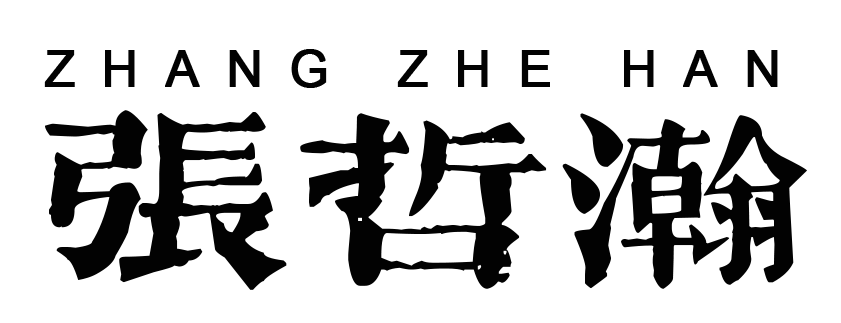
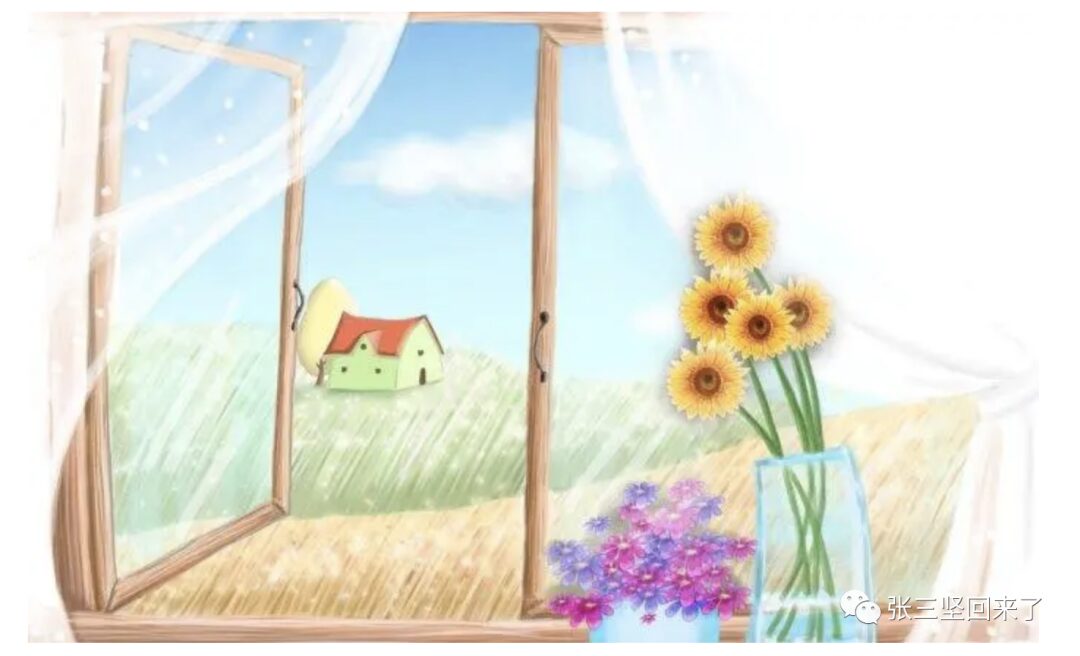
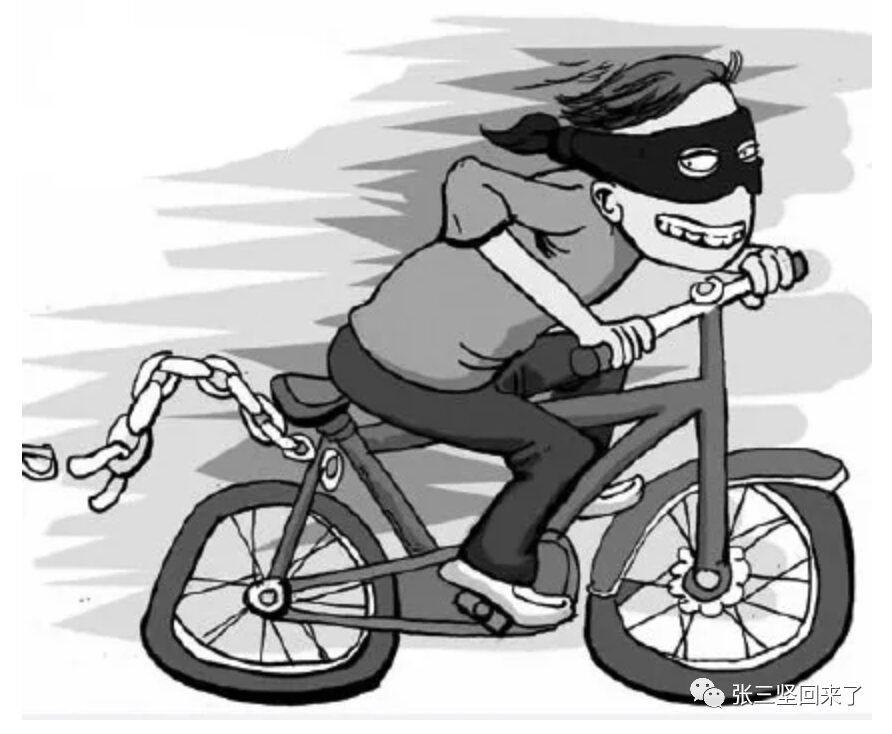
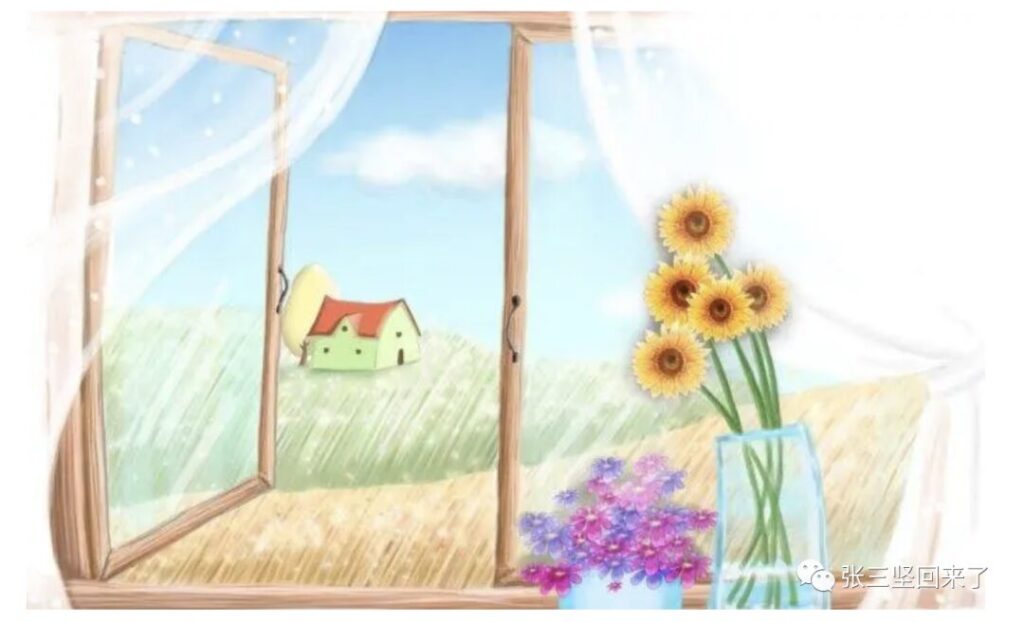

You no need to patient with the bad guys . I’m in support 😉😉😉
翻译 Translate
Zen said no glass no window. Once no glass no window how the dust attached to it ? 😉 then you no need to clean it.
翻译 Translate
Sometimes revenge is good 😉😉😉
翻译 Translate
San Jian’s kindness is an inherent part of their nature.
翻译 Translate